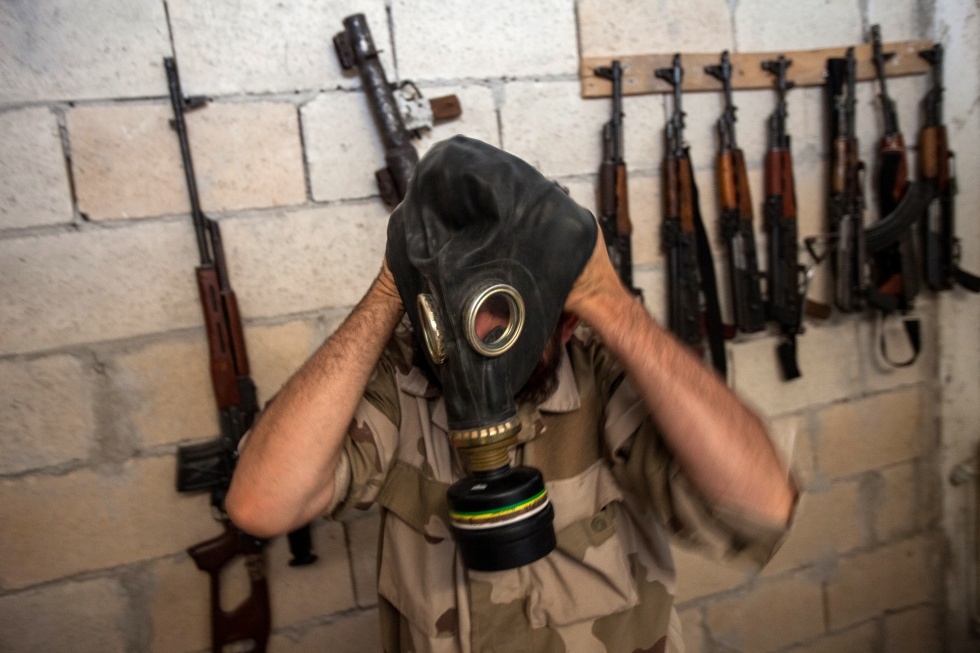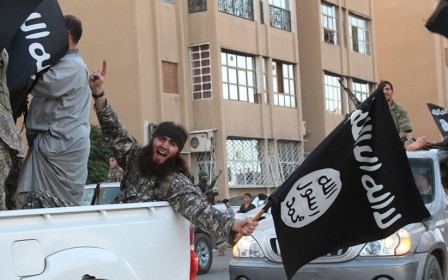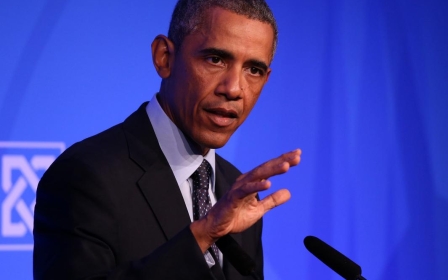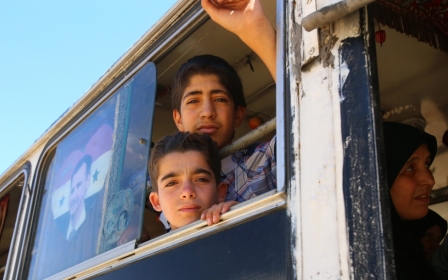Hundreds of US troops to train Syrian rebels: Pentagon

By Dan De Luce
WASHINGTON, United States - The US military will send nearly 1,000 troops to train Syrian rebel forces as part of a long-planned effort to build up a moderate opposition to take on the Islamic State group, the Pentagon said Friday.
The training will take place in Saudi Arabia, Turkey and Qatar and is expected to start in the "early spring," spokesman Rear Admiral John Kirby told a news conference.
More than 400 trainers would start deploying in the next four to six weeks, backed by a similar number of support troops that will provide help with logistics, communications and intelligence, he said.
The total troop number "for this mission could approach 1,000," Kirby said. "It might even exceed that."
About 5,400 Syrian rebels would be trained and armed in the first year of the programme, with an initial group of fighters possibly ready to enter battle "before the end of the year," he said.
The US Congress backed legislation last month to fund the training and equipping of Iraqi forces and moderate Syrian rebels, allocating about $500 million for the Syrian effort.
But President Barack Obama has been accused of moving too slowly to help the opposition while the IS group and other hardline extremists have taken an increasingly dominant role on the battlefield.
Obama, wary of having the US drawn into Syria's multi-sided civil war, had long kept the moderate rebels at arm's length. But the rise of the IS group last year prompted a change in strategy, with the US president announcing plans in September to train and arm the opposition.
The administration, however, has placed a priority on fighting the IS militants rather than President Bashar al-Assad's regime, an emphasis that has led to disagreements with some allies, including Turkey.
The Pentagon made no mention of Assad in announcing the training effort.
Vetting recruits
Once trained and armed, the moderate rebels will be able to "defend" their own towns, "eventually go on the offensive" against IS jihadists, and help work towards "a political solution" to the country's conflict, Kirby said.
The US troops will complement a small CIA training programme that is already in place but officials declined to discuss whether the military would oversee the spy agency's efforts.
Two other countries also have pledged to help train the Syrian fighters, but officials did not say which governments or how many trainers they would contribute.
US intelligence agencies and foreign partners are working to identify potential recruits for the training programme, who will then be vetted to ensure they have no ties to the IS group or other extremists, officials said.
Major General Michael Nagata, who is overseeing the US-led fight against the IS militants in Syria, met a range of opposition figures in Istanbul earlier this week and came away encouraged, Kirby said.
But he acknowledged that identifying and vetting potential recruits for training was a difficult task that could not be accomplished quickly.
"It's more important, and we've said this before, that we get this right rather than get it fast. There are significant risks if you get it wrong," he said.
To avoid a repeat of insider attacks that have plagued the military training mission in Afghanistan, a portion of the US troops to be deployed would focus on security for their compatriots, he said.
"Regrettably, we have quite a bit of experience at dealing with that particular threat," he added.
In Iraq, US troops already have started training Iraqi government and Kurdish forces in the fight against IS militants, with about 2,100 Americans deployed there.
New MEE newsletter: Jerusalem Dispatch
Sign up to get the latest insights and analysis on Israel-Palestine, alongside Turkey Unpacked and other MEE newsletters
Middle East Eye delivers independent and unrivalled coverage and analysis of the Middle East, North Africa and beyond. To learn more about republishing this content and the associated fees, please fill out this form. More about MEE can be found here.




